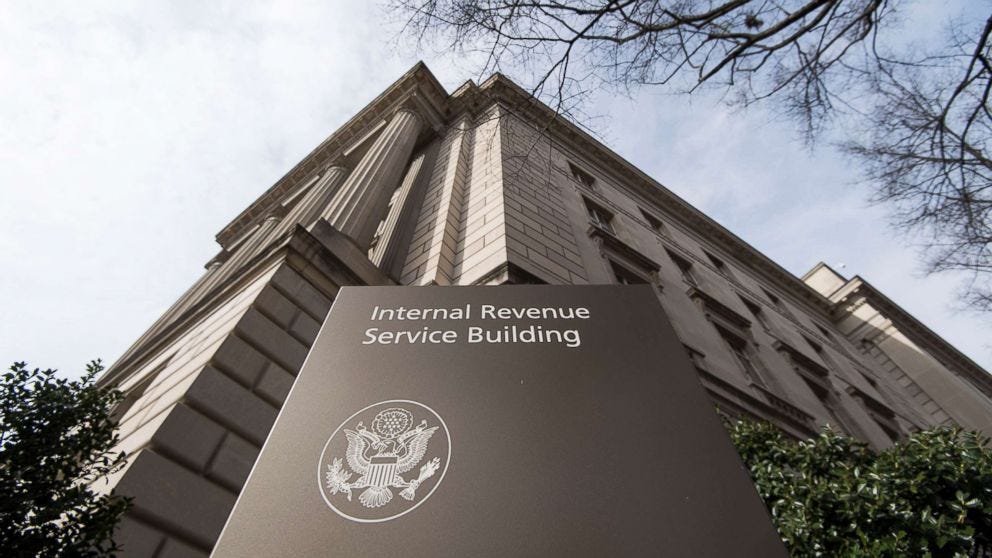It has been one year since ProPublica published leaked IRS data disclosing the personal financial information of the nation’s wealthiest taxpayers.
A full year and the people responsible for preventing the data leak in the first place remain persistently, and frustratingly, silent regarding their plans to ensure it never happens again.
Where there should be transparency and a campaign to assure the average taxpayer his private data are secure, there is a wall of silence. The IRS’s tight-lipped approach to the leak boggles the mind, especially considering the agency is already generally disliked and distrusted. One would think that now, more than ever, the IRS would be eager to get in front of the leaking scandal. But one would be wrong.
“If you’re running the IRS,” former IRS Commissioner Mark Everson told me, “you run the tax system of the country. You’ve got to communicate the whole thing. It’s to the taxpayers, it’s to the tax practitioners, it’s to the government, it’s to the media, and anything else.”
Everson, though critical of the IRS’s lack of communication regarding the leak, is proud of the agency he once oversaw, added that “the ProPublica leak itself and the failure to address the leak and reassure taxpayers that their data will be protected has wounded the Biden tax agenda. The failure to reassure the American people the data is safe has eroded Americans' faith in government itself at a time when the nation can little afford it.”
Everson is not alone in his frustration.
It’s a “huge deal,” Treasury Secretary Janet Yellen said last week.
“I am as anxious as you are to find out what happened,” she said, adding she has no new information regarding what happened or when the FBI or the inspector general expects to have answers. “I really am anxious to see some results here.”
ProPublica, for its part, continues to benefit from felonious behavior. (Leaking personal IRS data is a serious crime.) In fact, it published a follow-up article in April of this year, once again divulging the confidential financial information of wealthy private citizens. Unsurprisingly, the newsgroup has said very little about how it obtained the data.
Though federal investigators are reviewing the leak, there has been little in the way of transparency or public communication explaining how exactly it happened or how federal authorities plan to fix the problem.
Even the current IRS commissioner, Charles Rettig, has expressed frustration at the lack of communication and the seeming lack of progress in the investigations.
“The delay in getting answers for the public certainly impacts the ability of the public to have trust and respect for the Internal Revenue Service,” he said recently.
Attorney General Merrick Garland said last year that investigating the leak would be at the top of his to-do list. Yet here we are a year later with no better idea of what happened or how they plan to fix it than we had in 2021.
The leak is bad not just for the Biden tax agenda but also for faith in the government, Everson said.
“This issue of protecting taxpayer data isn’t going to be ‘transitory.’ It’s going to be with us forever because we’re more data-driven as time goes on,” he said.
Everson concluded that “it’s imperative the government gets this right and is able to protect data that needs to remain private. It’s not just taxpayers — it’s medical data [too]. ... They've got to do a better job of communicating without compromising the investigation.”
Click here to read more “Media Malpractice” at the Washington Examiner.





Really? One look at the TV shows that there are two sets of rules for politicians.